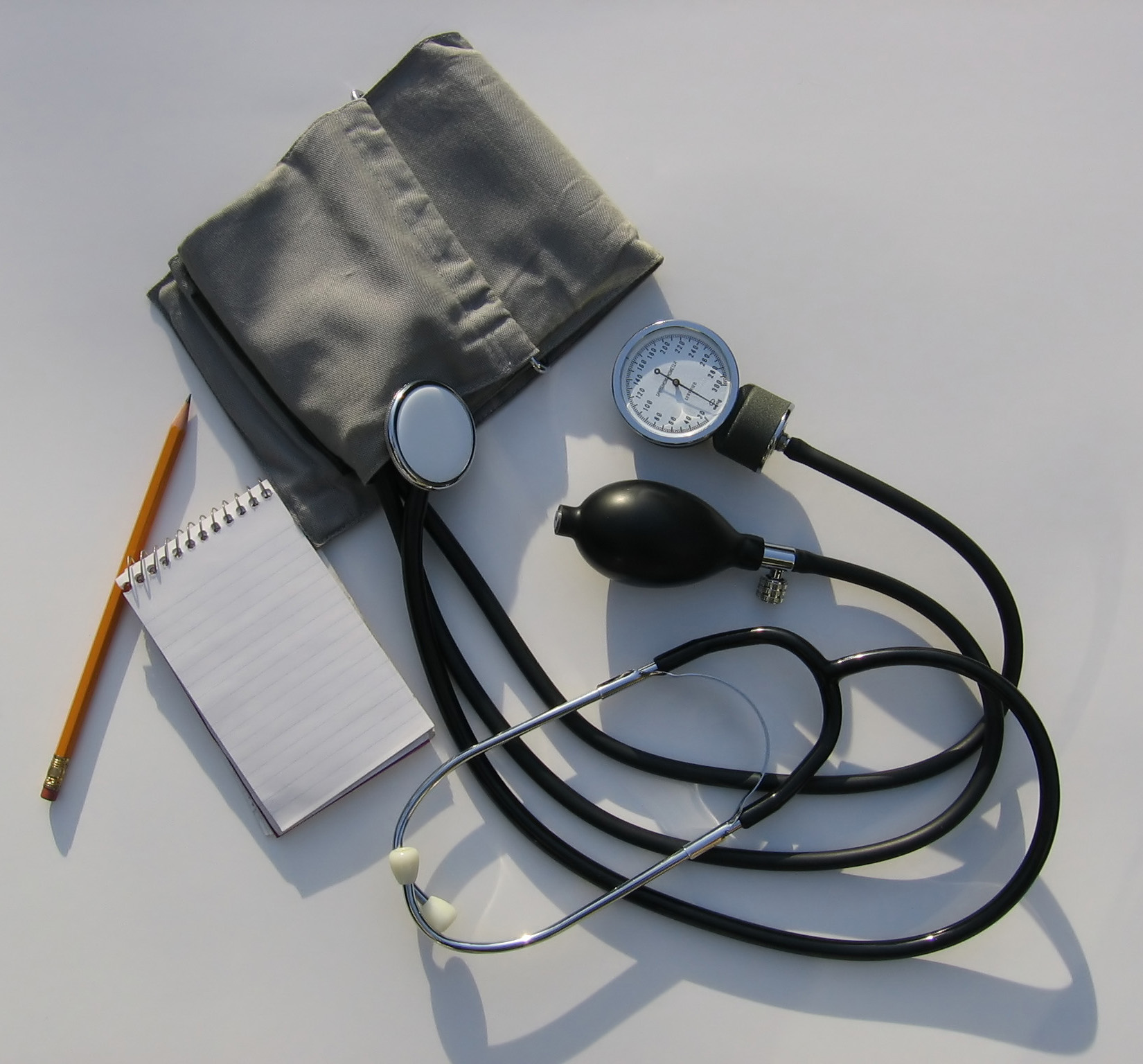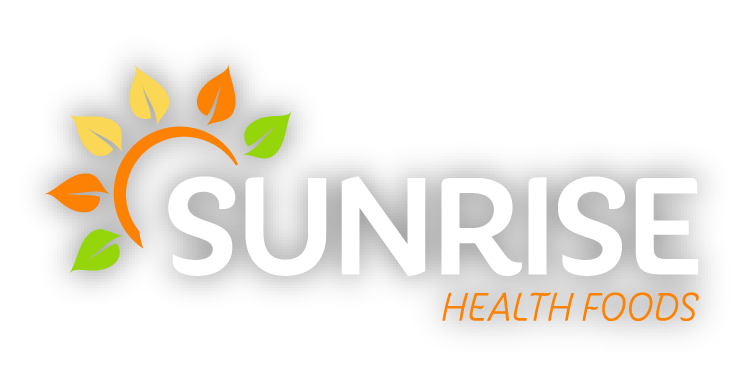
Folic acid and hypertension
Earlier folic acid studies focused on preventing heart disease, but this is the first to examine its effect on stroke. Doctors wanted to test folic acid in those with high blood pressure; a factor that raises chances for stroke. In the study, 10,348 hypertensives who had not had a stroke or heart attack took 10 mg of enalapril; a standard blood-pressure medication, with or without 800 mcg of folic acid per day.
After 4.5 years of follow-up, those taking medication plus folic acid were 21 percent less likely to have had any kind of stroke compared to those who took blood pressure medicine alone. The folic acid group was also less likely to have had an ischemic stroke; where blood supply is cut off, and less likely to have had a heart attack or to have died from cardiovascular disease than those taking standard medication alone.
Magnesium reduces stroke in women
Prior studies found low magnesium levels raise chances for hypertension and stroke. In this study, doctors compared magnesium level in 459 women who had had a stroke with 459 similar women who had not. Compared to women with the highest levels, those with the lowest magnesium levels were 34 percent more likely to have had a stroke. Doctors discovered what they believe is a direct link: as levels of magnesium declined, chances for stroke increased.
Discussing the findings, doctors said the results suggest that low levels of magnesium may raise chances for ischemic stroke, and that it may be an easy and affordable way to improve public health and lower chances of stroke in the general population by correcting deficiencies in magnesium.
Reference: Journal of the American Medical Association; 2015, Vol. 313, No. 13
We’re dedicated to discovering the benefits of good nutrition and healthy lifestyle, and hope the above article informs and inspires you to take an active role in your health.
Articles shared on our site are to provide nutritional information only and do not replace professional medical advice.


